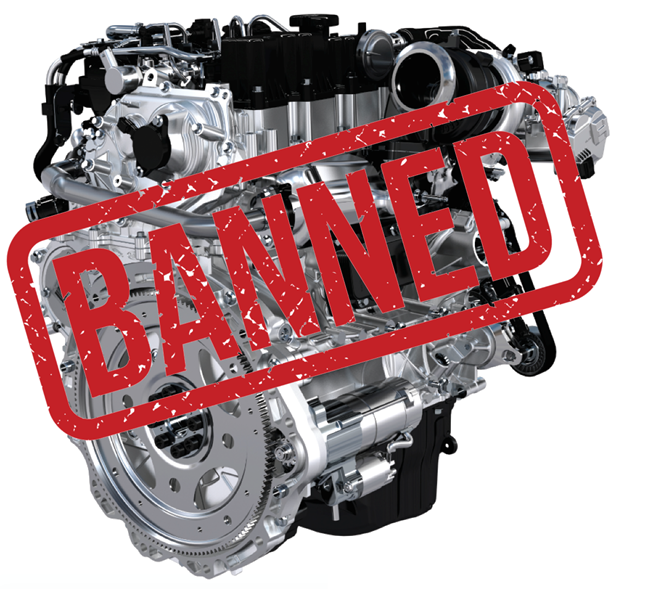We use cookies to ensure that we give you the best experience on our website. If you continue without changing your settings, we will assume that you are happy to receive all cookies on the Business Car website. However, if you would like to, you can change your cookies at any time

The start point for the best source of fleet information |
More than half of fleets preparing for 2030 new ICE ban, Arval finds
Date: 27 September 2022 | Author: Sean Keywood

Preparations for the UK Government's planned 2030 ban on the sale of new petrol and diesel vehicles are underway with 57% of businesses, according to research by Arval.
The latest data from the leasing company's Mobility Observatory Barometer survey shows that, when asked how prepared they were for the ban, 24% said they expected to have a zero-emission fleet by 2030, 23% said they may have a zero-emission fleet by that date, and 10% said that they would have a zero-emission fleet by that date or sooner.
However, the rest of the fleets surveyed said they had undertaken no preparation work yet, as there was plenty of time left until the deadline.
Head of Arval's Mobility Observatory in the UK Shaun Sadlier said: "In some respects, 2030 still feels like some time away, but for the majority of businesses that employ a four-year car replacement pattern, it is only two cycles. For van operators, who tend to keep vehicles for longer, it is even less.
"Perhaps what the data does indicate is that there is a definite difference in attitude between the six out of 10 fleets who are taking a structured approach towards 2030 and the remaining four out of 10 who may see it as something that they will need to manage in the future or have more urgent challenges to manage today.
"Arval in the UK is already working with many fleets who are aiming to fully electrify their car fleets well ahead of the 2030 deadline, with some having unofficial targets of being fully electric by the middle of the decade. This is achievable, and what is interesting is that businesses pursuing this aim represent all sizes and come from all sorts of sectors.
"Those businesses which don't have transition strategies in place are not doing anything wrong in strategic terms. However, they may find that factors such as taxation policies, clean air zone restrictions and even vehicle availability may effectively force them into transitioning well before 2030."











